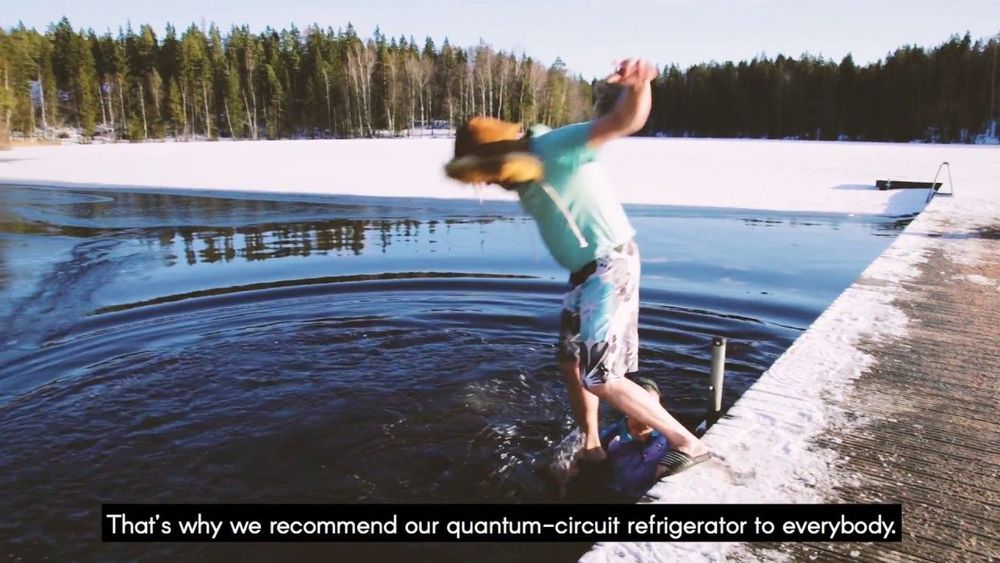Quantum computers need to preserve quantum information for a long time to be able to crack important problems faster than a normal computer. Energy losses take the state of the qubit from one to zero, destroying stored quantum information at the same time. Consequently, scientists all over the globe have traditionally worked to remove all sources of energy loss—or dissipation—from these machines.
Dr. Mikko Mottonen from Aalto University and his research team have taken a different approach. “Years ago, we realized that quantum computers actually need dissipation to operate efficiently. The trick is to have it only when you need it,” he explains.
In their paper to be published on 11 March 2019 in Nature Physics, scientists from Aalto University and the University of Oulu demonstrate that they can increase the dissipation rate by a factor of thousand in a high-quality superconducting resonator on demand—such resonators are used in prototype quantum computers.









Comments are closed.